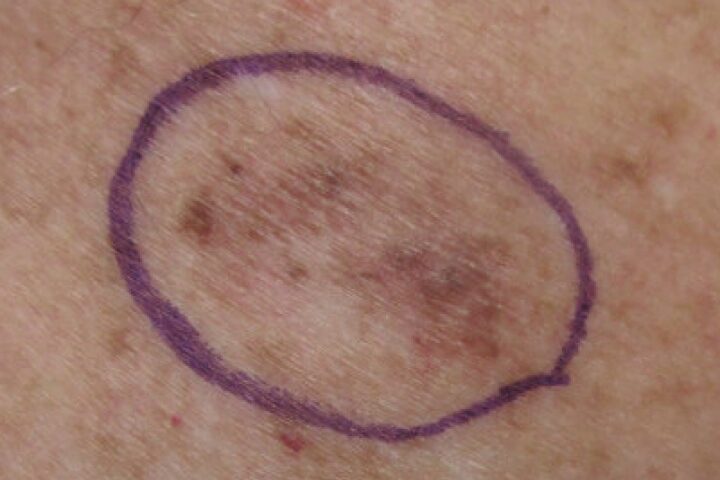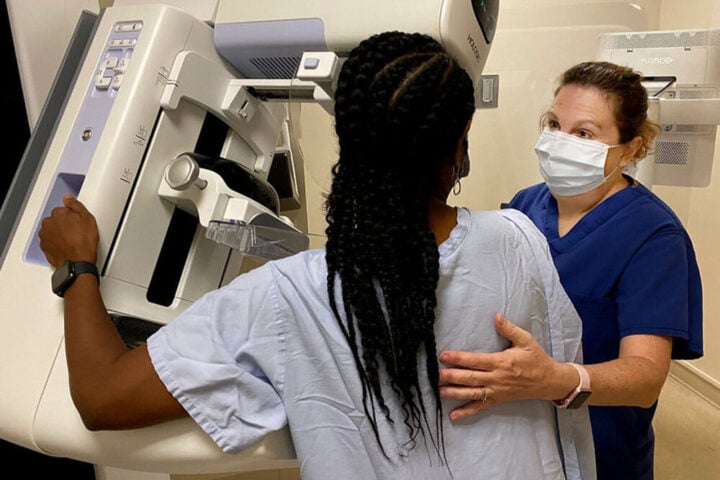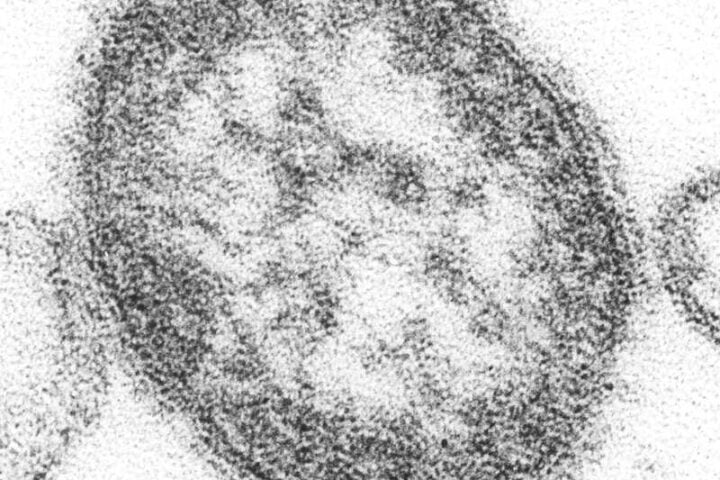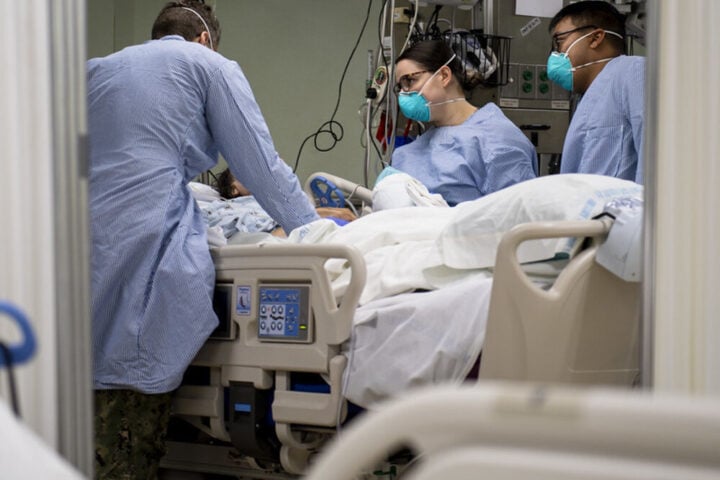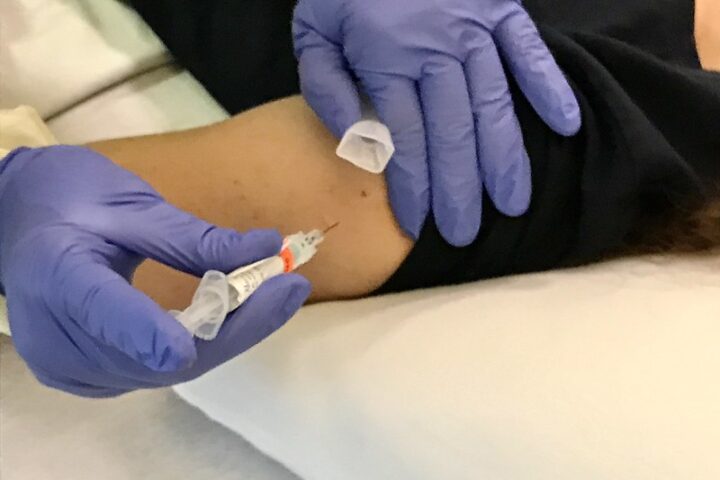A team of 12 international scientists carried out a comprehensive study on the efforts to combat COVID and the flu and published their findings in the Cochrane Database of Systematic Reviews. The authors evaluated 78 studies on the effectiveness of various mitigation strategies, including masks, social distancing, screening, quarantine, and hand washing, on the transmission of COVID, the flu, and related viruses. The studies were diverse in nature, ranging from outbreaks to periods of low transmission and including a variety of settings from affluent countries to developing nations, schools, hospitals, and villages.
The key factor that set these studies apart was their methodology – they were all randomized controlled trials or cluster-RCTs, considered the best design to minimize confounding factors. On the other hand, non-randomized, non-controlled trials, such as observational studies, may not provide reliable results as people’s behavior, such as mask wearing and hand washing, could be influenced by the rate of virus spread.
The findings of the studies showed that hand-washing was effective in preventing the spread of these illnesses, which is not surprising. However, the most surprising result was that wearing masks in public likely had little to no impact on the outcome of influenza-like illness or COVID-19-like illness compared to not wearing masks. Although it’s possible that wearing well-fitted, high-quality masks such as N-95s or respirators could reduce the spread of illness in a community, there is no conclusive evidence to support this.
It’s worth noting that during the period of late 2020 to mid-2022, despite low levels of viral transmission, masks were still mandatory in various settings, including public transportation and schools, imposed by local leaders and even the U.S. Department of Transportation and President Biden.
At the start, public health officials recommended wearing masks as a precautionary measure. However, as the effectiveness of masks became questionable, the recommendations turned into mandates. Furthermore, those who resisted the mandates were criticized and labeled as irresponsible and endangering the lives of others. Despite this, the same leaders who imposed the mandates were observed not wearing masks themselves in situations where they were requiring others to do so.
It’s important to acknowledge what happened in the past, as the officials who mandated masks in 2020 had a justification for their actions. However, those who are mandating masks in 2023 do not have the same excuse and should publicly admit their mistakes and explain the reasoning behind them. If the mask mandaters fail to acknowledge their errors, they risk losing the remaining credibility and authority they hold.






